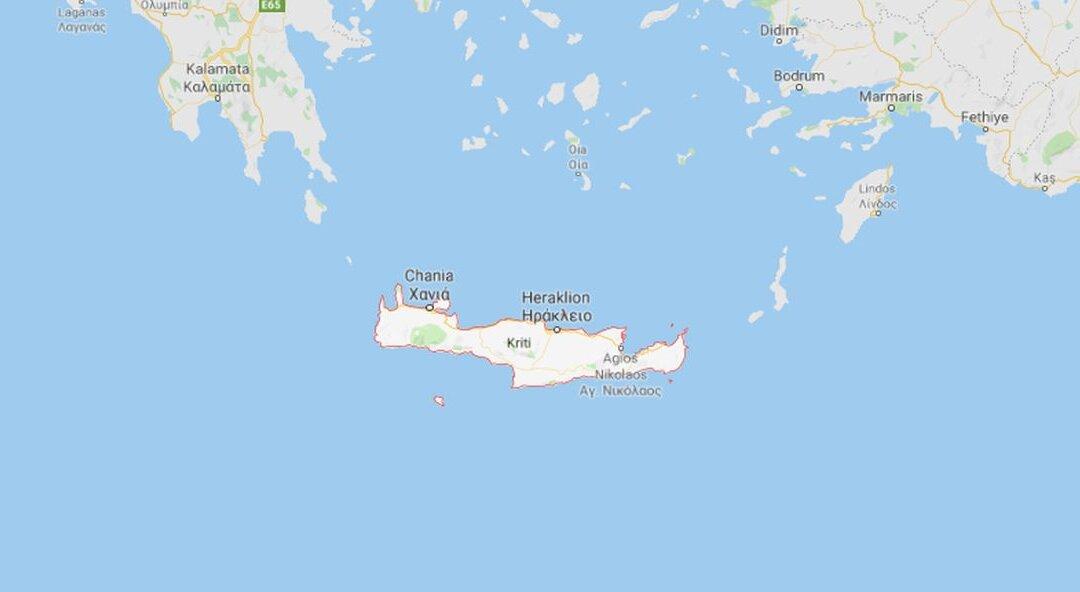An American biologist who was found dead in Greece was suffocated, said police in an update on July 10.
Dr. Suzanne Eaton’s body was found in a tunnel network in Crete on Monday night, reported local news outlet Star.gr and the Daily Mail. Medical examiners revealed that she was stabbed, suffocated, and mutilated, the two reports said.





